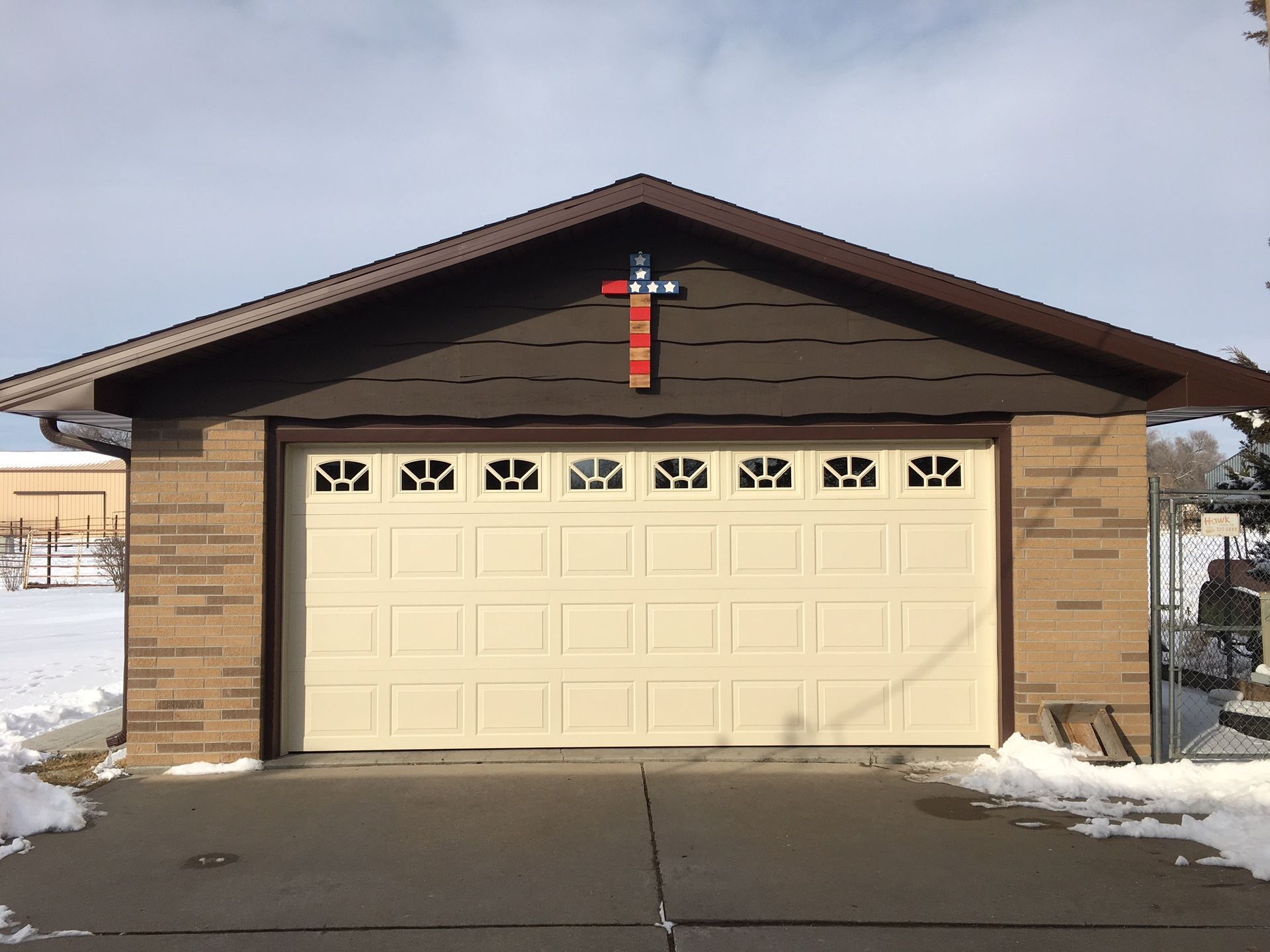Often overlooked, roof insulation plays a key role in enhancing your home’s energy efficiency. Learn how it improves roof performance, reduces energy bills, and boosts indoor comfort.
The Connection Between Insulation and Roof Effectiveness
Proper insulation is key to roof performance. It prevents heat loss in the cold months and keeps your home cooler in the heat, providing a more comfortable living environment year-round.
Insulation’s Role in Reducing Heating and Cooling Costs
Proper insulation reduces the workload on your HVAC system, keeping energy bills lower. Upgrading your roof’s insulation can reduce heating and cooling costs while also decreasing your environmental impact.
How to Upgrade Your Roof Insulation Effectively
- Consider R-Value: Ensure the insulation you choose has a high R-value for optimal performance in your specific climate zone.
- Upgrade to Reflective Insulation: Reflective insulation can help reduce heat absorption in warmer climates, improving energy efficiency.
- Prevent Air Leaks: Make sure to seal any air leaks around vents, skylights, and chimneys to stop warm or cool air from escaping.
- Insulating the Attic: Heat rises, so attic insulation is crucial to preventing energy loss. Make sure your attic is properly insulated.

Weathercraft’s Recommendations for Optimal Insulation
We suggest eco-friendly, durable insulation materials that ensure long-term performance. Weathercraft’s experts will assess your needs and recommend the best insulation solutions for maximum energy efficiency and budget flexibility.